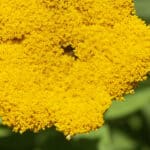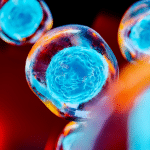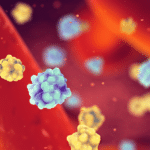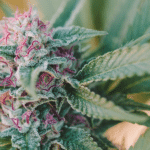There are curious cases of people who feel no pain or have extreme resistance to discomfort. These individuals are often studied by researchers who hope to develop better methods of pain management.
One such woman was discovered after she recovered from a highly painful wrist surgery using Tylenol alone. As researchers at the University College of London found out, she had a history of this sort of endurance, and it appeared to have been passed on to her son. With her consent, they ran genetic tests, identifying two mutation in genes related to FAAH. FAAH is the primary enzyme tasked with metabolizing anandamide (an endocannabinoid) and two anti-inflammatory molecules called OEA and PEA. The pain-resistant woman had higher levels of all three of these chemicals in her blood, which the doctors suspected may be responsible for her uncanny comfort in the face of pain.
Interestingly, chemical inhibitors of FAAH have not been successful in clinical trials. Limited by tolerance, differences between rat FAAH and human FAAH, and unrelated off-target effects, the drugs designed to ease suffering by blocking FAAH have not worked well enough in humans. So it is surprising that two mutations might have such a powerful effect. This case study may help pharmacologists learn a new way to target FAAH that is more effective for controlling pain and less likely to cause tolerance. But there is a lot left to understand before we get there. One of the two mutations occurred in what is called a pseudogene — a genetic mimic of FAAH that doesn’t function properly. Pseudogene doppelgangers are usually important in regulating their authentic counterparts. Could better medicines be created by targeting the genetic regulation of FAAH, rather than influencing it directly? And what about FAAH-2, a functional copy that exists in humans but not rats? Given the previous failures with pharmaceutical FAAH inhibitors, this research may be slow to develop.
Adrian Devitt-Lee is a research scientist and longtime Project CBD contributor. © Copyright, Project CBD. May not be reprinted without permission.







